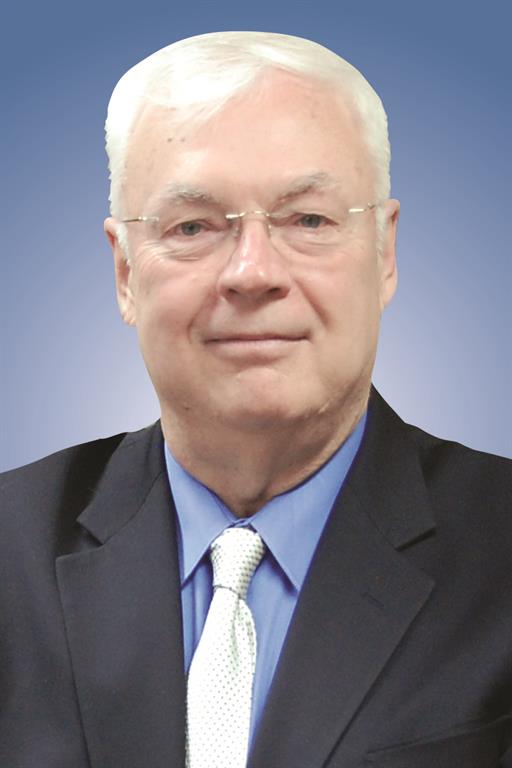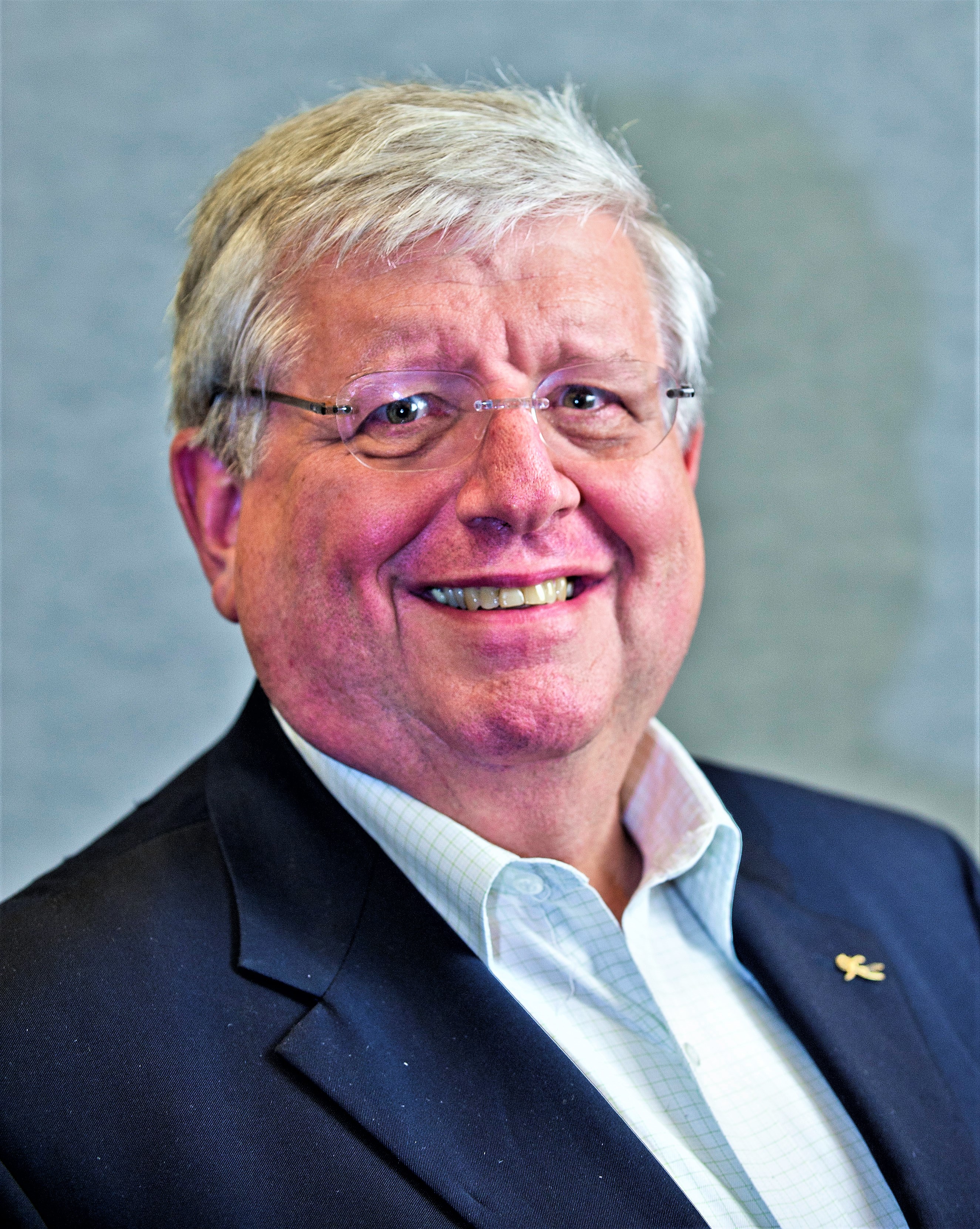Corporate Slant as Cable-Tec Expo Expands Outlook
The professional video industry's #1 source for news, trends and product and tech information. Sign up below.
You are now subscribed
Your newsletter sign-up was successful
DENVER—"My presentation ... will focus on how you can use a centralized video-on-demand management solution to deliver better looking HD VOD at rates that fall below 15 Megabits," says Jon Shaver, senior director-content development at Comcast Wholesale. Shaver's focused description about using "the bandwidth efficiencies promised by Adaptive Bit Rate encoding" is the core of his 2:30-minute video on the website for the Society of Cable Telecommunications Engineers' annual Cable-Tec Expo, vividly describing the workshop he will lead at the event. It is one of nearly four dozen short videos in which workshop presenters explain exactly what attendees will learn at each session. Shaver's workshop, "A New Approach for Delivering More VOD Content and Achieving Higher Quality While Using Less Bandwidth," typifies the targeted training that is at the core of the SCTE conference program.
The detailed video explanations for this year’s Cable-Tec Expo (Sept. 22 - 25), in Denver, are intended to help the expected 10,000 attendees pick the most useful sessions from the three tracks on this year's redesigned program. Under the collective "Next Generation" mantle, the tracks will focus on networks, video and customer experience. Presentations will drill into all-IP video networks, service portability, Ultra High Definition TV, High-Efficiency Video Coding (HEVC) and modernizing next-generation user interfaces. There will also be network-centric sessions on architectures and technologies, virtualized-, cloud- and software defined-networks, and energy/event management plus a look at cable's role in the “Internet of Things” and wireless deployment.
CORPORATE ALLIANCE
The expanded range of Cable-Tec Expo's agenda reflects, in part, SCTE's repositioning. Long a "society" of individual members, SCTE has revamped its structure, putting greater emphasis on its new "Corporate Alliance" relationship with cable multiple system operators (MSO).

SCTE President/CEO Mark Dzuban
"The Corporate Alliance is focused on education and far greater scale," explained SCTE president/CEO Mark Dzuban. "It's a collaboration between the MSOs [who face] "‘common problems.’" Dzuban said the MSOs are partnering with SCTE, which is fundamentally a standards and training body. So far seven companies (including the largest ones) have joined the SCTE Corporate Alliance, with more expected to be introduced at the Denver event. The increased integration of technology and business factors reflects a data point that finance-focused Dzuban cites: engineering and operations are responsible for two-thirds of cable operators' capital budgets.
"The science and technology of engineering supports a business case," Dzuban said, a distinct change in mantra for his predecessor's insistence that SCTE is "all engineering, all the time."
THE GROWING NEED FOR ‘DEVOPS’
The professional video industry's #1 source for news, trends and product and tech information. Sign up below.
Reflecting the growing range of technologies affecting cable operators, especially the industry's front-line engineering and operations staff, this year's Cable-Tec Expo will see an expanded presence for wireless, cloud services and “Development Operations” (DevOps), which have emerged at the top of Dzuban's agenda.
"Network operational tools are usually lagging behind the launch of technology," he said. "The need for technical DevOps is very important to us. We are working diligently on tools such as the Reference Design Kit [RDK], which is a very rapid software program that lets [operators] deploy applications quickly. What used to take two years can now move through rapid deployment in months using the RDK template."
Conference Program Chair Tony Werner added, "We’ve designed the SCTE Cable-Tec Expo 2014 program to optimize learning around new tools, technologies and techniques that can increase cable’s competitive edge in the future.” Werner, who is Comcast's executive vice president and chief technology officer, also elaborated on SCTE's "customer experience" mantra, noting that "cable’s engineering and operations workforce is on the front line" and needs to be familiar with the latest technology available.
INCREASED FOCUS ON WIRELESS
The growing role of wireless—especially for home networks and community Wi-Fi installations—again will receive extensive attention during Cable-Tec Expo. At the pre-conference Symposium on Monday, Sept. 22, half the day is devoted to Wi-Fi resource management, analytics, antenna design and surveying, featuring presentations from CableLabs and vendor experts. The afternoon sessions will turn to DOCSIS 3.1, examining factors such as customized bandwidth, operational integration and "proactive network maintenance tools."
SCTE says that the emphasis on wireless and DOCSIS 3.1 reflects the two technologies' "potential impact on operators’ service bundles and their ability to improve customer experiences."
The full program's opening session on Tuesday morning will examine "Cable’s Cloud Forecast: More Apps and Infrastructure." Comcast's Werner will lead a discussion among top technology executives from vendors and cable operating companies. Other keynote sessions will feature Rob Lloyd, president-development and sales at Cisco Systems, and Mike Fries, president/CEO of Liberty Global, the world's largest international cable company.
International presence is also bigger than ever at this year's Expo, with up to 25 percent of attendees expected to come from outside the U.S. The trade show floor itself will be somewhat larger than previous years, reflecting an increase in the number of exhibiting companies. Dzuban declined to disclose the number of vendors, but he said that there are many first-time exhibitors and that new categories of technology will appear on the show floor. Again, he would not specify the products.
Energy management continues to attract SCTE's attention, highlighted by an "Energy 2020" session in at which Comcast EVP/Chief Network Officer John Schanz will issue a challenge to the industry to "partner" for a "framework that must be [developed] now for the industry to fully reap the benefits of the Energy 2020 program by the beginning of the next decade.”
Dzuban puts the energy issue into economic terms: "Think of it as a significant incremental cost that is always increasing," Dzuban told TV Technology. "The assumption is that energy needs will grow along with broadband usage." The SCTE Energy 2020 project is intended to generate an alignment on standards and best practices, to drive design and implementation of equipment and to create SCTE training resources that will enable workforce teams to optimize technology for maximum efficiency, according to the organization's mission statement.
Other sessions and exhibits at the Colorado Convention Center will dig into Software Defined Networking (SDN) and how such systems are being deployed in both residential and commercial services and Network Functions Virtualization (NFV) that will enable "instant deployment of new services."
‘NEXT GEN VIDEO’
The 14 workshops in the "Next Generation Video" track will explore the digital rights management "evolution," trade-offs in hardware versus software encoding, enterprise IP video, scalable on-demand IP video, multiscreen video, personalization and interface management. Several sessions will examine big data, including a workshop focused on ways that cable operators can mine useful analytical data from connected devices within the home as well as via the physical network infrastructure to identify problems before they impact subscribers.
Reflecting SCTE's accelerating focus on business factors at this historically technology-centric event, the blurb for these sessions points out that these technologies generate "both CapEx and OpEx savings" for cable operators.
Ultra HDTV plays a far less visible role on this year's Cable-Tec Expo agenda than it did last year. Although a few sessions will broach the 4K situation (especially over-the-top delivery of competitive 4K content), Dzuban says UHDTV "has not surfaced yet because there is not a lot of content."
SCTE's vision for this event is focused on technologies that cable's field workforce will face this year, with an agenda that serves as a constant reminder about the industry's shifting role as a full-service communications provider— moving far beyond its roots as a TV retransmission service. (That aspect was verified in a recent study that found for the first time broadband Internet access slightly outweighed video as cable's largest revenue contributor among the top 17 MSOs.)
The video/Internet shift manifests itself "in different ways," said Dzuban, who characterized Cable-Tec Expo as exploring "How to provide the ability to deploy new applications that are scalable." He cited last year's divergence between "two camps: people who want to put powerful devices in homes [such as] remote management of home networks and self-curing networks, and groups that prefer that customers ‘BYOD [Bring Your Own Device]’ and put everything in the cloud."
That debate is likely to continue at Cable-Tec Expo.
Gary Arlen, a contributor to Broadcasting & Cable, NextTV and TV Tech, is known for his visionary insights into the convergence of media + telecom + content + technology. His perspectives on public/tech policy, marketing and audience measurement have added to the value of his research and analyses of emerging interactive and broadband services. Gary was founder/editor/publisher of Interactivity Report, TeleServices Report and other influential newsletters; he was the long-time “curmudgeon” columnist for Multichannel News as well as a regular contributor to AdMap, Washington Technology and Telecommunications Reports; Gary writes regularly about trends and media/marketing for the Consumer Technology Association's i3 magazine plus several blogs.

